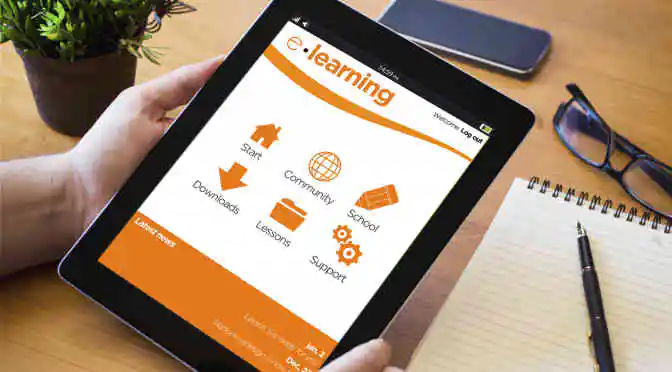Yes. It’s high technology and rapid innovation everywhere the eye can see, yet adaptive learning software isn’t quite as well known or widely implemented as some of the other ‘pathbreaking’ concepts in this cadre. This, because there is a critical lack of technical expertise and infrastructure on the educational institutions’ part that has slowed down the uptake of adaptive learning platforms.
And thus, simply crafting the software won’t do. The vendor must put on their multitaskers’ hat and actively educate the target audience about the benefits of these alternatives before pedaling their own creation as the best adaptive learning software out there. The task calls for some spirited pioneering work, that includes simplifying their own products to comply with the common cost and time constraints.
Revisiting the marketing strategy- A more inclusive approach is recommended
The end-users who are likely to implement the adaptive learning platforms in their institutions are hindered by a very important factor- funding. In order to improve their in-house IT infrastructures, institutions need copious funds and the associated know-how. Transformational activities such as these are never funded adequately, and internal resistance to change often derails the best intentions.
So, what can be done? For starters, vendors must realign their marketing endeavors to address these primary concerns. Is an adaptive learning environment worth the investment and realignment? This question must be conclusively answered. Positive case studies must be highlighted that bear more than a passing resemblance to the educational institution in question. Importantly, the seamless transfer from the traditional format to the adaptive learning format must be explained, and driven home comprehensively.
Change begins at home- Handholding until the end user is operationally self-sufficient
The next phase in this saga is the really fundamental part, as it involves the software’s foray into classrooms and educational presentations. Currently, the lack of interoperability between different data systems poses a major challenge- that is, the positioning of adaptive learning software across legacy hardware and server configurations. Additionally, the instructors’ skillsets need to be seriously rejuvenated to adapt to the demands of training students in line with the new platform.
All this- as profoundly time consuming, labor intensive and expensive as it sounds- must be included in the standard service portfolio pertaining to the average adaptive learning software vendor.
Innovation is key in this constantly elevating playing field
Adaptive learning has garnered significant interest in recent times, thanks to the growing emphasis on personalized learning. Society is finally privy to the fact that not all students absorb information at a benchmarked rate, and that the traditional mode of education will be found sorely inadequate when it comes to imparting knowledge in some of the emerging disciplines, including Artificial Intelligence, Digital Marketing and Genetics. Herein, a systematic adaptive learning platform will be the difference maker!
And, thankfully, the governments of the world seem to be high on the ways of adaptive learning. Regulations are being changed, roadblocks are being cleared and every effort is being made to offer the discipline of adaptive learning, a mainstream appeal. As a vendor, this quantum of assistance at the administration level comes as a much-needed boost- again, a definite difference maker!
However, in the end, it will be the vendor’s own commitment to simplification, easy accessibility and range of offerings that will win the day. Innovation is the key element here- consistent and persistent innovation that will churn out highly relevant solutions that will be an easy and welcome fit in every educational institution.



